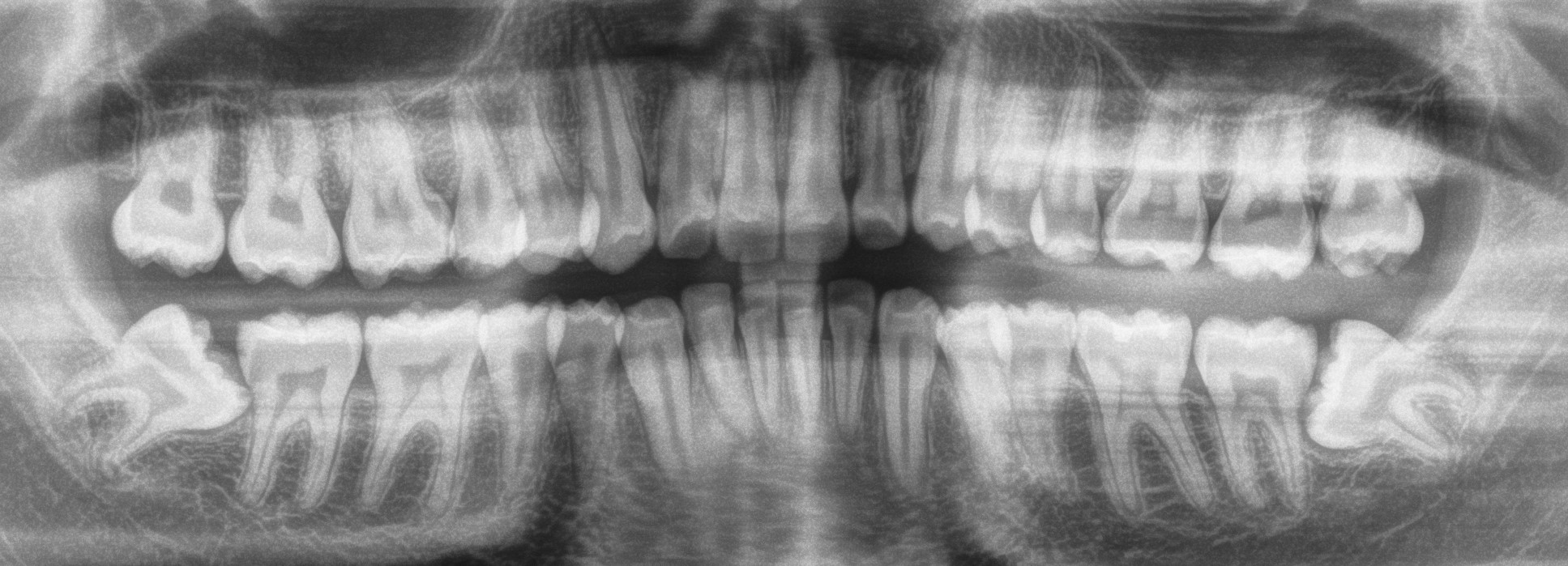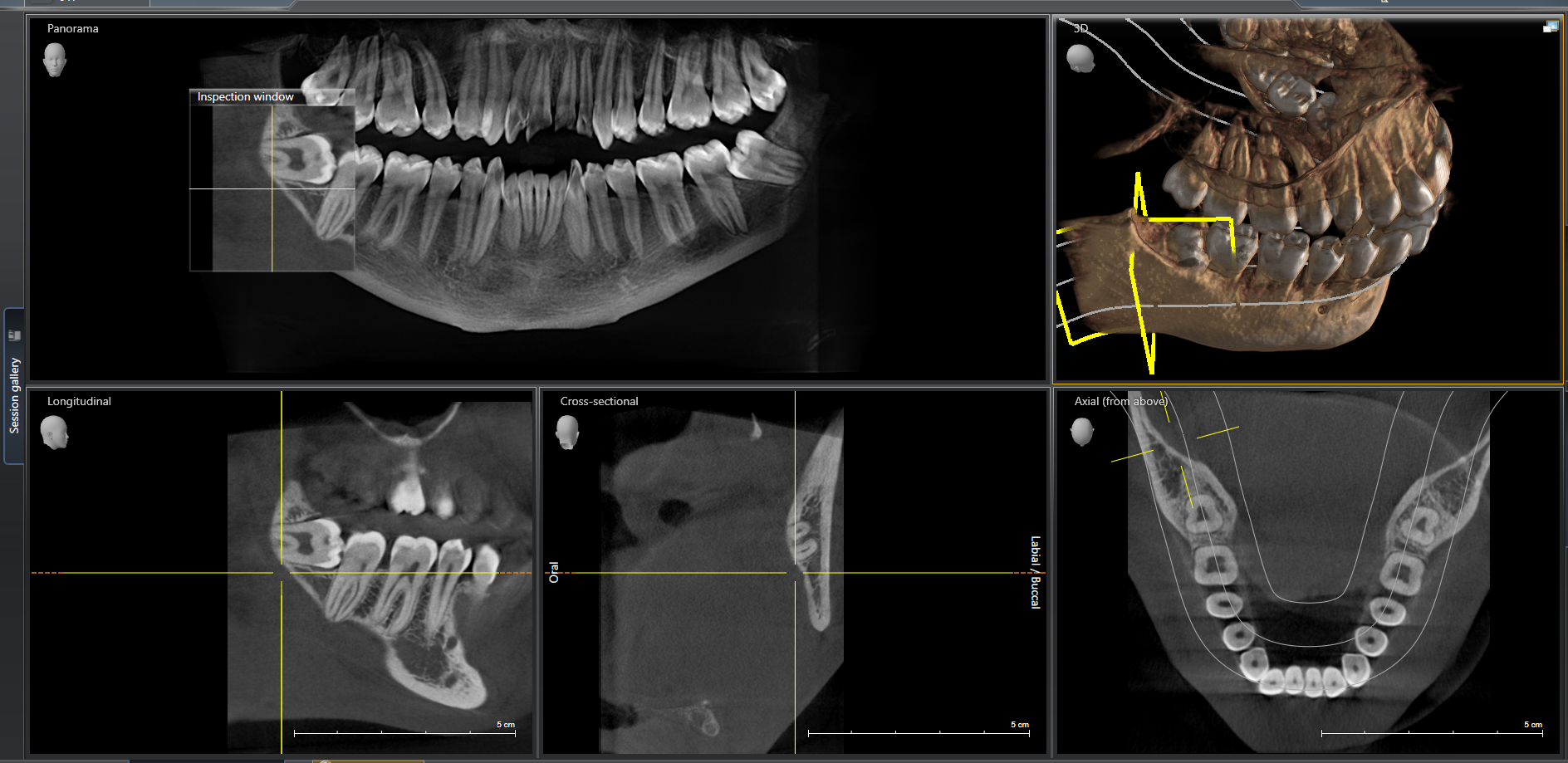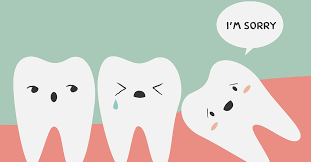WISDOM TEETH REMOVAL INDOOROOPILLY
 WISDOM TOOTH REMOVAL DENTIST INDOOROOPILLY
WISDOM TOOTH REMOVAL DENTIST INDOOROOPILLY
Wisdom teeth causing you pain and discomfort? Here at Heritage Dental Group, we have experienced gentle dentists when it comes to the removal of wisdom teeth, gentle quick removal with fast recovery. Wisdom teeth, found at the back of the mouth, can cause problems for some people and may need to be removed. If your wisdom teeth are sore, causing headache and jaw pain and needs to be removed, please book wisdom teeth consult with one of our experienced dentists at Heritage Dental Group. The Dentist will take x-ray and discuss the treatment options with you. Following is an overview of what you can expect, although your treatment may differ from what’s described here as it will be designed to meet your individual needs.
WHAT ARE WISDOM TEETH? 
Wisdom teeth usually emerge from gums between the ages of 17 and 24. They are the last of the large grinding teeth at the back of your mouth (molars). Some people never develop wisdom teeth, or you could have up to four appearing – one in each corner of your mouth.
For most people, wisdom teeth don’t cause any problems and so they don’t need to be removed. However, if there isn’t enough space for them to grow at the back of your mouth they become ‘impacted’ wisdom teeth, causing pain, swelling and/or infection.
Having your wisdom teeth removed (extracted) can relieve these symptoms. Your general dentist can remove your wisdom teeth, or if there are any complications, you may be referred to an oral surgeon.
ARE THERE ANY ALTERNATIVES TO WISDOM TEETH REMOVAL?
Antibiotics can help treat an infection, painkillers e.g. paracetamol, rinsing with warm salty water or mouthwash can help with pain relief, but your symptoms may flare up again. If a wisdom tooth is partially erupted, removing the gums lying over your tooth (operculectomy) can help in some cases. Having your wisdom teeth removed is often the only way to permanently relieve your symptoms.

PROBLEMS CAUSED BY IMPACTED WISDOM TEETH
- Infection – impacted tooth started pushing on to the gums which can cause infection. This infection and inflammation can cause pain, jaw stiffness and swelling. Infection can also cause bad breath and unpleasant taste in the mouth.
- Pain – Pressure and infection from the impacted wisdom tooth may cause pain to the nearby teeth.
- Crowding – If there is not enough space, wisdom teeth may push nearby teeth out of their position and create crowding.
- Cysts – If wisdom tooth is not removed on time, it may cause cyst (a sack of fluid) around the tooth. This cyst can destroy the bone and damage gums and other teeth around it. Cyst formation around un-erupted teeth is uncommon.
- Damage to adjacent molars – Impacted tooth may push the other teeth around and causing erosion cavity
- Ulcer – sometimes your upper wisdom teeth can start erupting out against the cheek, which will start rubbing against it and cause ulcers.
- A food trap – food can become caught in between the wisdom tooth and the molar beside it, when food gets trapped it’s a lot harder to clean being right up the back therefore can easily cause cavities.
WHAT HAPPENS AT THE FIRST WISDOM TEETH CONSULT?
At your first wisdom teeth consultation, Dr Singh will take an OPG X-ray which will allow him to let you know how hard or easy it will be to take your wisdom teeth out. Dr Singh will also explain any possible risks or complications that may arise in relation to what else is around your wisdom teeth. For wisdom teeth that are close to nerves the dentist will take a more detailed 3D Cone Beam scan of your jaws to better understand any complications that may arise during the removal of the wisdom teeth. At Heritage Dental Group, we have all the latest x-ray equipment which enables us to take OPG (big x-ray) and 3D cone beam at the premises. You will also be given information sheets on the procedure and any risks or complications that may arise. Your dentist will explain how to prepare for your procedure.

REMOVAL OF WISDOM TEETH
The removal of wisdom teeth is usually done under local anaesthesia. This completely blocks pain from your gums, and you will stay awake during the procedure. You may be offered a sedative to help you relax during the procedure. If your wisdom teeth appear to be difficult to extract or you choose to have your teeth removed under General anaesthetic, the dentist will refer you to an oral surgeon who will make arrangements for the procedure to be done.
Your dentist will discuss with you what will happen before, during and after your procedure, and any pain you might have. This is your opportunity to understand what will happen, and you can help prepare questions to ask about the risks, benefits and any alternatives to the procedure. This will help you to be informed, so you can give your consent for the procedure to go ahead, which you may be asked to do by signing a consent form.
FREQUENTLY ASKED QUESTIONS AND SOME INFORMATION ABOUT WISDOM TEETH EXTRACTIONS
- X-ray examination – taking x-rays will help the dentist assess and plan weather it’s a simple or more complex removal.
- Where to have surgery – depending on the tooth, the dentist will assess and advise you on whether it can be done in the dental surgery, hospital or day surgery hospital.
- Driving after surgery – it is encouraged to not drive after, rather ask a family or friend in advance.
- General Anaesthesia – some patients are treated under General anaesthesia because of the following reasons: difficult positioning of wisdom teeth (complicated to extract), patients who wish not to be awake during the process, have jaw, wisdom teeth or gum problems.
- After the surgery – rest is the best thing after surgery, once your dentist is satisfied with the recovery, they will send you home.
- Pain relief after surgery – pain may be minor in some people and greater in others, your dentist will ask if you would like stronger pain relief. Pain will usually start to decrease after the second day; however, some people may still need pain relief after one week. If the pain does not go away or gets worse contact your dentist ASAP.
- Control of Bleeding – your dentist will provide you with gauze to take home, you can apply pressure over the area by biting on one of those pieces of gauze. The pressure will help stop the bleeding and a blood clot will form. It is important to not to disturb the area or it may start bleeding again. The gums may ooze blood slightly for a day after surgery. Any concerns about bleeding not stopping, contact your dentist ASAP.
- Swelling – it may occur after the surgery and can vary from little to severe and most swelling can take couple of days to go down completely. Swelling can be reduced by applying ice packs on the cheeks.
- Follow up – A follow up visit is important; stitches may need to be taken out and the dentist will want to check out the healing on the area. We will call you the next day after extraction to check on your progress.
WHAT TO AVOID AFTER WISDOM TEETH EXTRCATION?
- Avoid rinsing your mouth vigorously for the first 24 hours after the surgery. It is essential for the blood clot to seal the wound and not get washed away.
- Avoid biting on numb lip, cheek or tongue.
- Avoid excessive activity for first 24-48 hours.
- Avoid smoking or drinking alcohol as it delays healing.
- Relax and keep the head elevated to help decrease the risk of bleeding.
WHAT TO EAT AND WHAT TO AVOID AFTER TOOTH REMOVAL?
Please ensure you do not eat or drink anything hot on the day of surgery.
- Soups (cream of asparagus, pumpkin, minestrone)
- Fresh cooked, soft vegetables, mashed potatoes.
- Eggs, scrambled, soft boiled.
- Yogurt (soft or frozen)
- Pudding, Custard
- Soft or stewed fruits (banana, papaya, berries, canned peaches, or pears)
- Ice cream and milkshakes
- Fruit smoothies, protein shakes
- Pasta soft, cooked (plain or with sauce), tortellini, ravioli
- Rice, risotto
- Fish (steamed or grilled)
- Chicken (soft shredded)
- Oatmeal
- Tofu
- Juices (cranberry, apple, grape)
- Herbal Tea (avoid hot on the day of surgery)
Please avoid the following foods for the first week following surgery:
- Foods that are difficult to chew (steak, deli meats)
- Popcorn, pretzels, potato chips, nuts, and thing hard that can get stuck in the wound.
- Crusty breads, bagels, cookies, chocolates, lollies
- Alcoholic beverages
- Hot foods on the day of surgery
WHEN TO CALL YOUR DENTIST?
Call us immediately if you experience any of the following signs or symptoms:
- Excessive bleeding
- Fever
- Pus oozing out of the socket
- Loss of feeling or persistent numbness
- Difficulty swallowing
- Bad taste in the mouth- even after salt water rinsing
- Severe pain not relieved by the prescribed medications
- Swelling that worsens after 2-3 days
Contact our team at Heritage Dental Group in Indooroopilly on 38783384 or simply book in your consultation online on the following link:
WE PROMISE “A GENTLE CARING DENTAL EXPERIENCE.”
References:
https://www.healthdirect.gov.au/surgery/removing-wisdom-teeth
https://www.webmd.com/oral-health/ss/slideshow-wisdom-teeth
https://www.betterhealth.vic.gov.au/health/conditionsandtreatments/wisdom-teeth
https://www.dhsv.org.au/dental-health/teeth-tips-and-facts/wisdom-teeth


